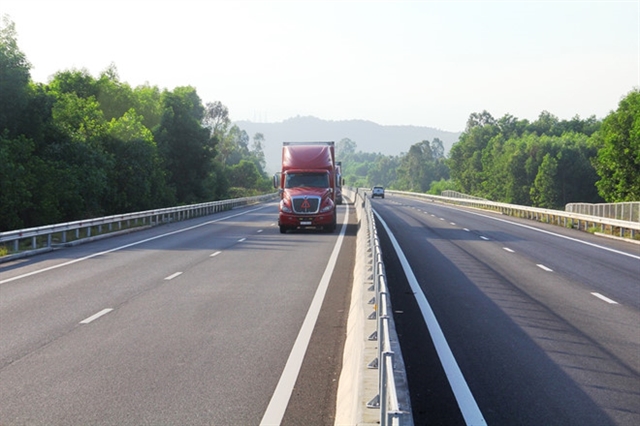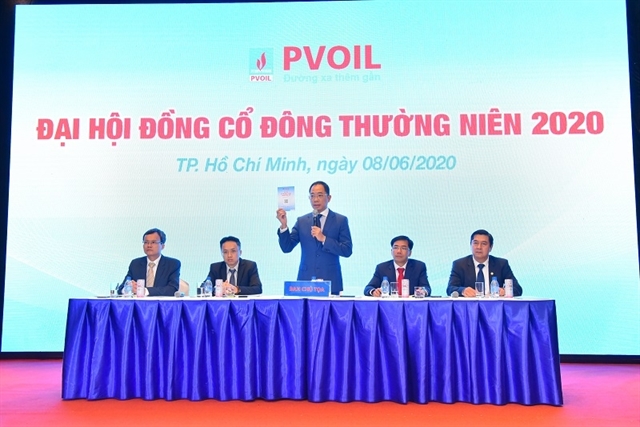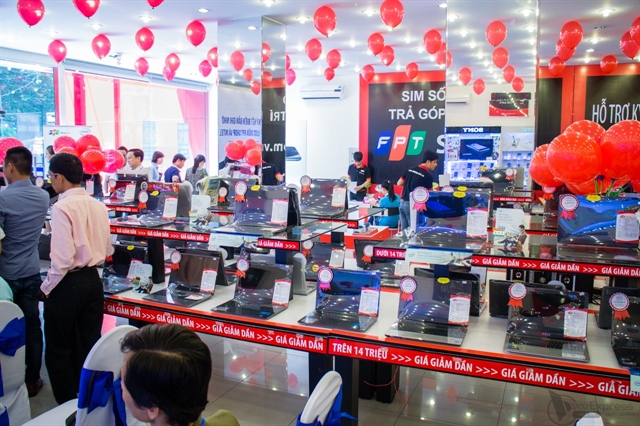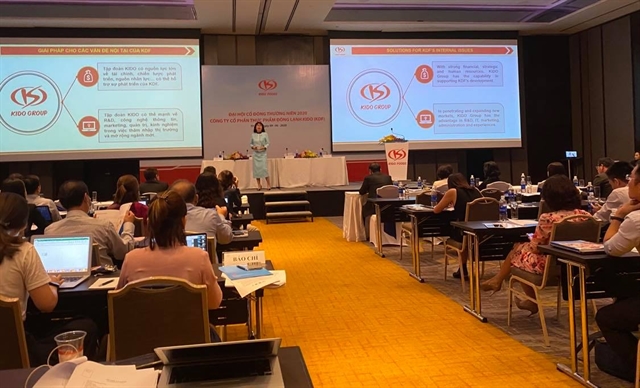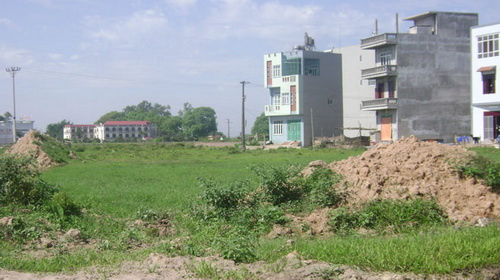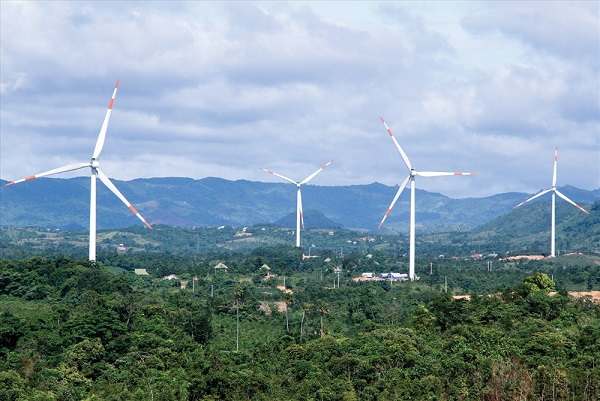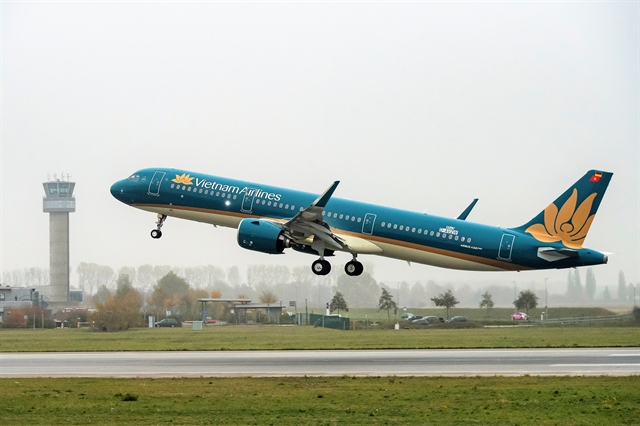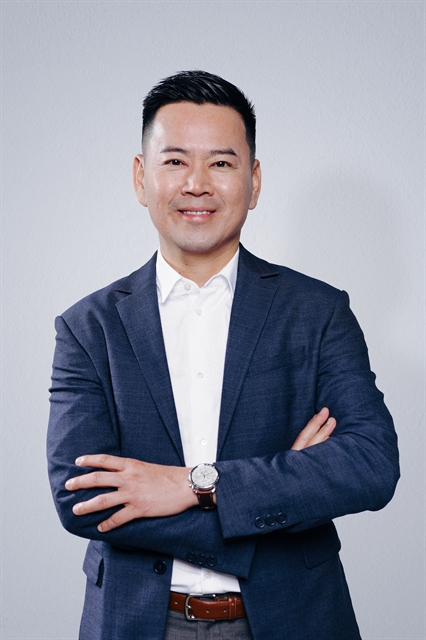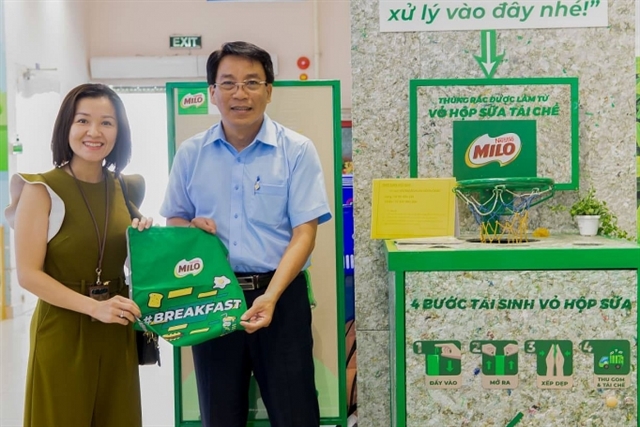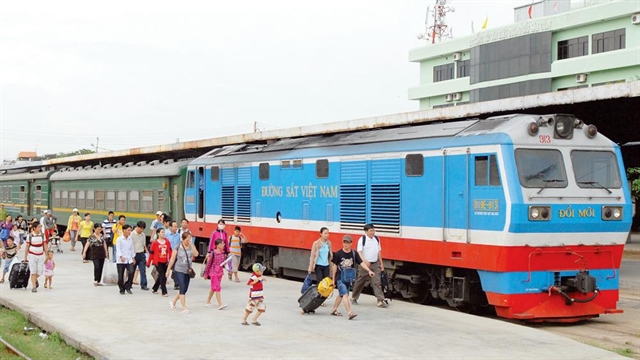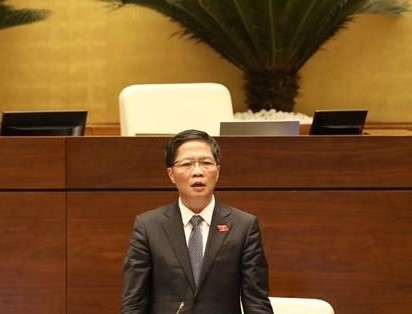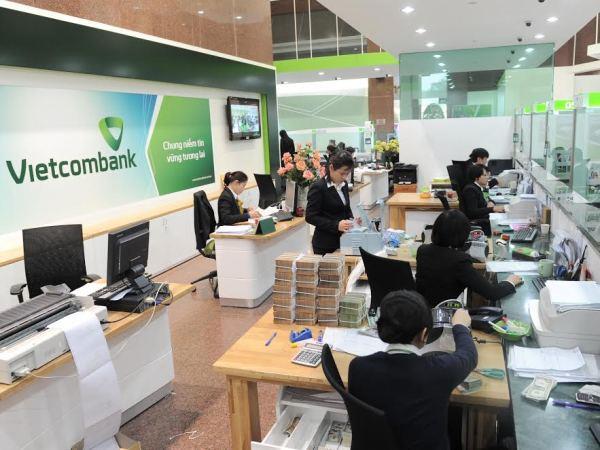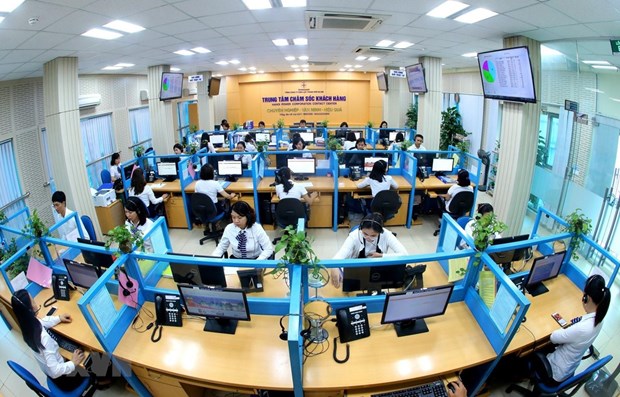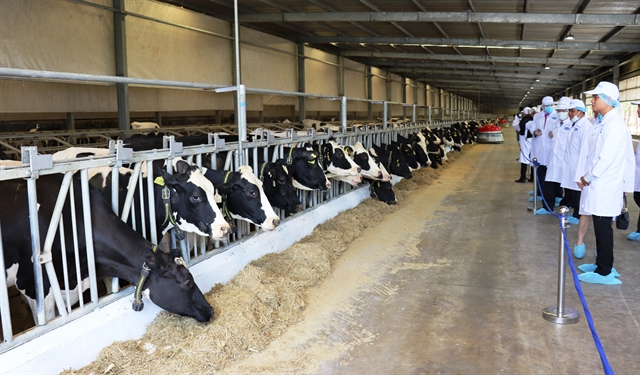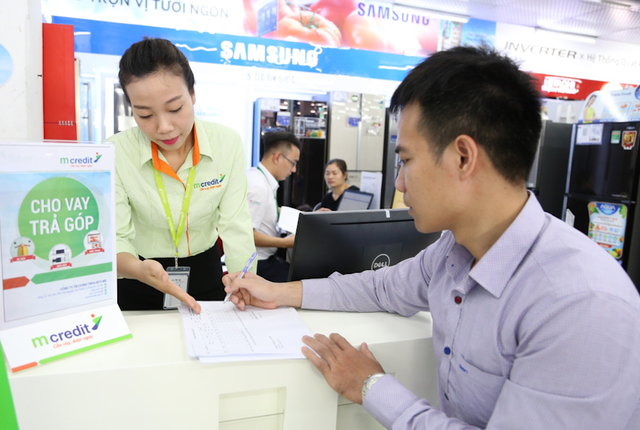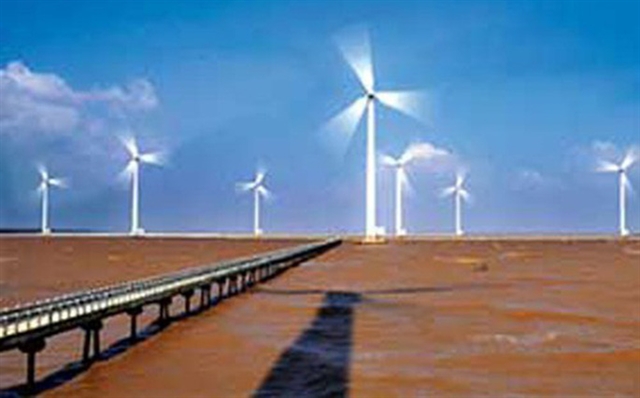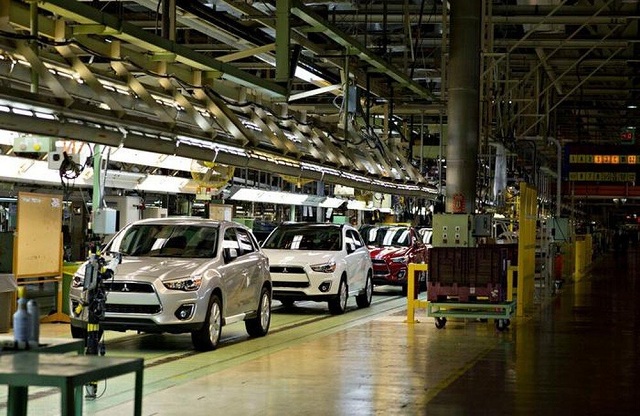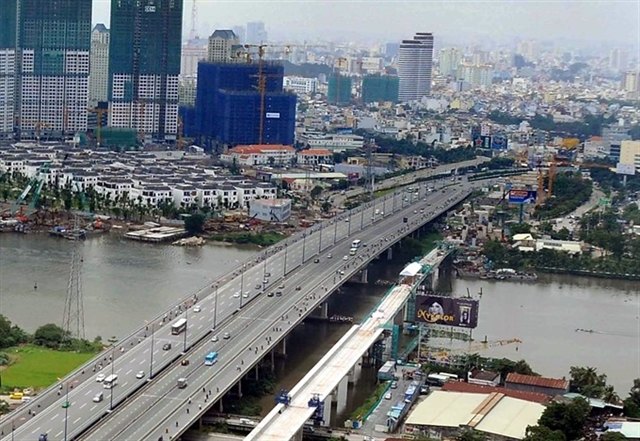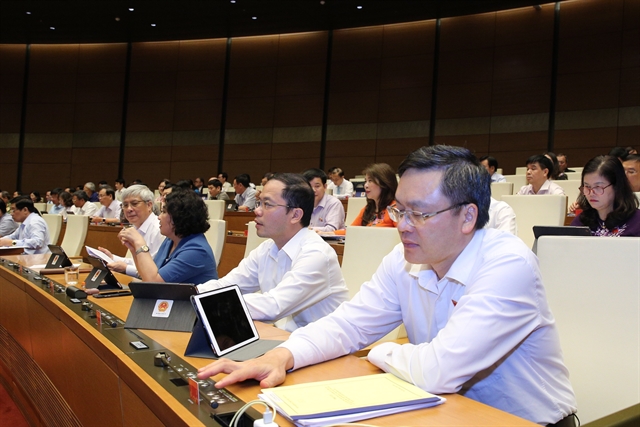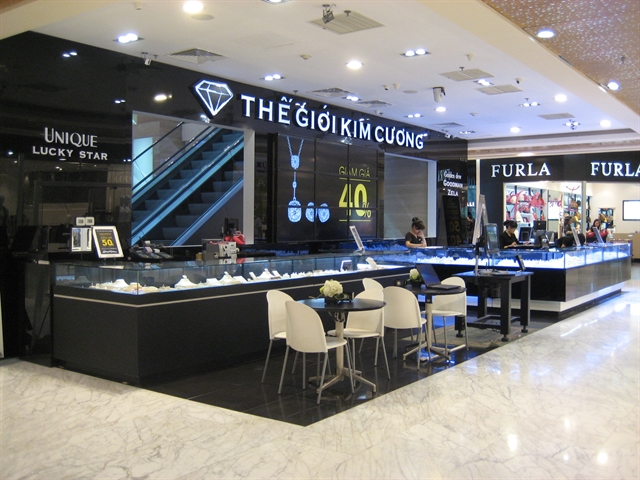
HÀ NỘI — Weak financial stability and a lack of capital are forcing many businesses to seek M&A deals amid the COVID-19 pandemic.
DOJI Gemstone Jewelry Group has completed the acquisition of Diamond World Company.
After the deal, more than 100 stores and nearly 1,000 employees of Diamond World Company now belong to DOJI.
Though the value of the deal has not been disclosed, most insiders thought the acquisition of a competitor in the top three local jewellery businesses in Việt Nam would have cost a significant sum.
In realty, Thủ Đức Housing Development JSC also announced it had completed a deal to transfer its entire 49 per cent stake, or 1.813 million shares, at Thủ Đức Agriculture Wholesale Market JSC in June.
At a price of VNĐ48,400 (US$2.1) each, the realty firm will get VNĐ87.75 billion. Leaders of the firm said it sold the shares to focus on the core business of real estate development.
Also in the field of real estate, the investor of a 100ha resort project in Bàu Trắng in Phan Thiết City, Bình Thuận Province, had to sell the project for VNĐ480 billion as he did not have enough financial capacity to continue.
The investor told nld.vn that: "We cannot afford to continue as the planned capital was lost due to COVID-19. Now we sell it to focus on the core businesses of manufacturing.”
Other M&A deals include Tường An Vegetable Oil JSC looking to be merged with the parent company of Kido Group; while FLC Faros JSC merged with FLC Mining Investment - Asset Management JSC, and there are also reports about a possible merger between two local e-commerce platforms Tiki and Sendo.
Taking advantage of lower prices
Foreign investors spent an estimated US$2.99 billion on contributing capital and buying shares in the first five months of the year. Though the volume of such activities was only 39.1 per cent compared to the same period last year, the value of the deals increased by 11.6 per cent from the first five months of 2019.
Vũ Tiến Lộc, chairman of Việt Nam Chamber of Commerce and Industry (VCCI), said the US-China trade war and the pandemic had a great impact on the production chain shift and global investment flows, adding: “Many Vietnamese enterprises cannot avoid difficulties and are unable to continue operating. So, they will find ways to sell their businesses even at lower prices.”
The chairman of VCCI said: "The capital inflow into M&A may be large, creating a strong wave but the value of the deals may not be as large as expected."
Sử Ngọc Khương, senior director of Savills Vietnam, said foreign and domestic investors were interested in acquiring real estate projects in Viet Nam, adding: “Many organisations are willing to raise capital to invest in projects with good prices.”
Among deals that the firm helped consult on, with a total value of about $500 million, since the end of 2019, many have closed more quickly than expected as the businesses desperately need money at the moment.
Raymond Clement, CEO of Savills Hotels Asia-Pacific, said the pandemic affected the flexibility of the resort real estate market, causing a number of large sales and transfers.
"It is likely that pandemic promotes realty M&A deals faster as buyers are willing to negotiate more suitable prices than before," said Clement.
At the same time, Phạm Duy Khương, managing director of ASL Law Firm identified COVID-19 as an additional factor to boost the trend of M&A, saying: “Domestic enterprises which don’t have the financial strength and need a quick turnaround will find a partner to buy back their project or company as a way to solve their problem.”
The lawyer also pointed out: “The procedure of establishing an enterprise in Viet Nam is quite troublesome, so instead of having to set up a new company, some investors will choose to buy back another to reduce costs."
Khuong said: “The pandemic is the right time to make companies lower prices to sell faster, which is easier in creating successful M&A deals."
At the same time, chairman of the Association of Foreign Investment Enterprises, Nguyễn Mại said: “M&A is a new development trend in this period.”
Mại thought Viet Nam should welcome all kinds of investment injection in such a difficult context, however, he said: “It is also necessary to have a strict control mechanism to avoid the risk of receiving bad capital flows or having important industries acquired.” — VNS
